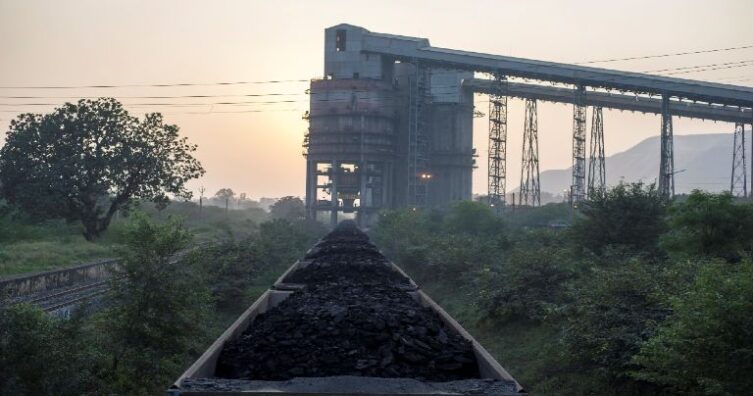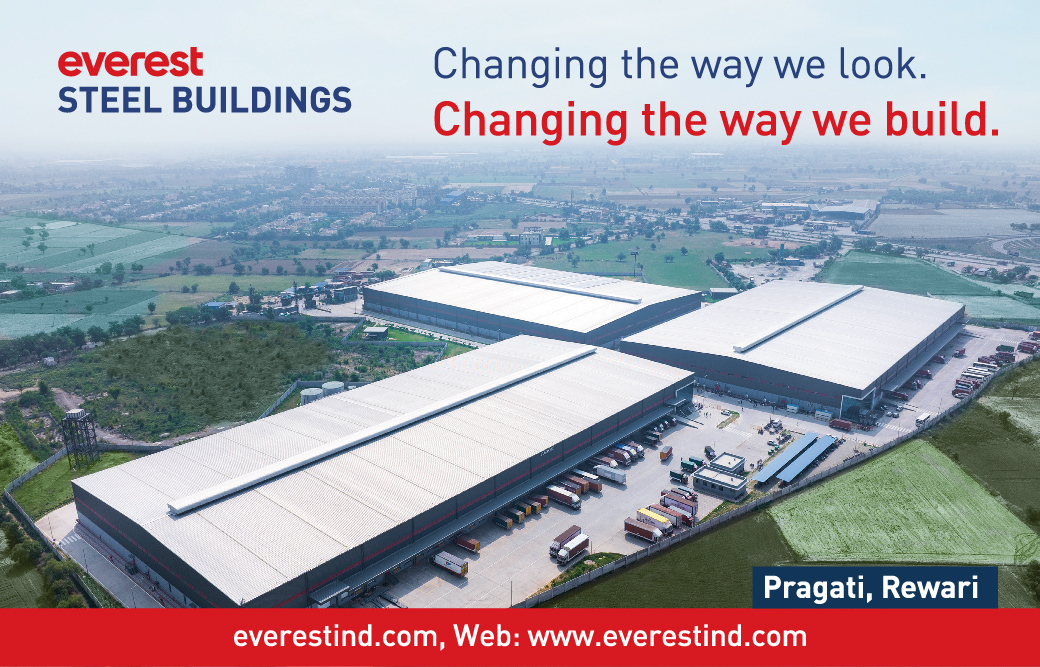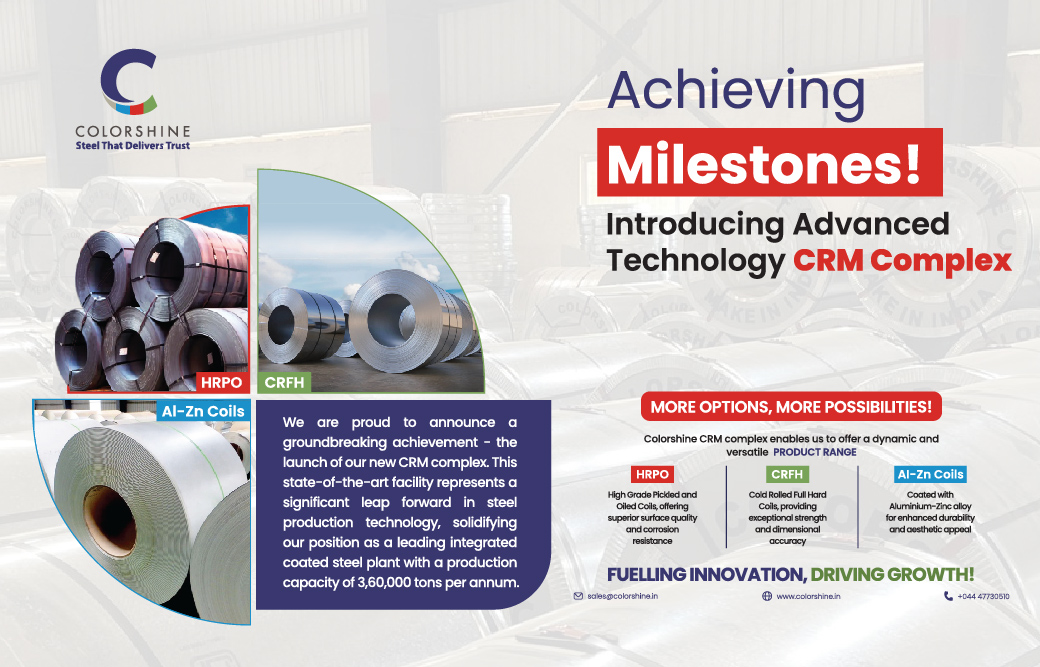Coal ministry is actively developing the National Coal Logistic Plan with a vision to reduce dependency on imported coal and advance the goals of an Atmanirbhar Bharat.
To bolster India’s energy security and realise the vision of an Atmanirbhar Bharat by reducing dependence on imported coal, the Ministry of Coal is actively engaged in the development of the National Coal Logistic Plan. This plan encompasses First Mile Connectivity (FMC) through railway sidings near coal mines. Under the FMC projects, the Ministry of Coal has formulated plans to enhance the mechanised coal transportation and loading system.
In a continuous pursuit of sustainable development and environmental conservation, the concept of First Mile Connectivity has emerged as a transformative strategy. This innovative approach is reshaping coal transportation and generating a positive and enduring environmental impact.
First Mile Connectivity eliminates the need for road transportation of coal in mining areas by employing conveyors or roads to connect with the nearest railway sidings. Through the utilisation of conveyor belts or roads to reach the closest railway siding, FMC significantly reduces the number of trucks on the roads. This, in turn, mitigates associated environmental issues such as air pollution, traffic congestion, and road damage, leading to a cleaner and healthier environment.
A total of 67 First Mile Connectivity Projects with a combined capacity of 885 million tons (MT) are being executed in three phases to achieve a mechanised coal handling capacity of approximately 1 billion tons (BT). Aligned with the objectives of PM Gatishakti, the Ministry of Coal has undertaken railway projects amounting to ₹26000 crore to establish multimodal connectivity.
Moreover, FMC contributes to the preservation of natural resources and green cover. The adoption of First Mile Connectivity renders coal mining operations economically more viable in the long term. The implementation of technology-driven processes not only enhances productivity but also curtails operational expenses, thereby contributing to the overall profitability of the coal sector. This shift towards sustainable transportation assumes a pivotal role in mitigating climate change and ameliorating air quality.
The Ministry of Coal is collaborating with the Ministry of Railways to augment coal evacuation and distribution capabilities. Currently, 13 railway lines are being constructed in partnership with the Ministry of Railways to expand coal distribution capabilities. These projects are at various stages of construction.
First Mile Connectivity in coal transportation emerges as a beacon of hope in the quest to build environmentally conscious societies, addressing transportation challenges, and augmenting connectivity within the nation. The impact of First Mile Connectivity on the environment is manifold and extensive:
Reduced Carbon Footprint: Optimising transport systems and diminishing reliance on fossil fuel-powered vehicles will substantially lower greenhouse gas emissions, thereby combating climate change and mitigating its adverse effects.
Preserving the Natural Environment: The establishment of eco-friendly transportation networks encourages the preservation of natural habitats and biodiversity, safeguarding delicate ecosystems for future generations.
Improving Public Health: The reduction in air pollution and traffic congestion through First Mile Connectivity positively influences public health by decreasing the prevalence of respiratory diseases and stress-related conditions.
Cookie Consent
We use cookies to personalize your experience. By continuing to visit this website you agree to our Terms & Conditions, Privacy Policy and Cookie Policy.


















